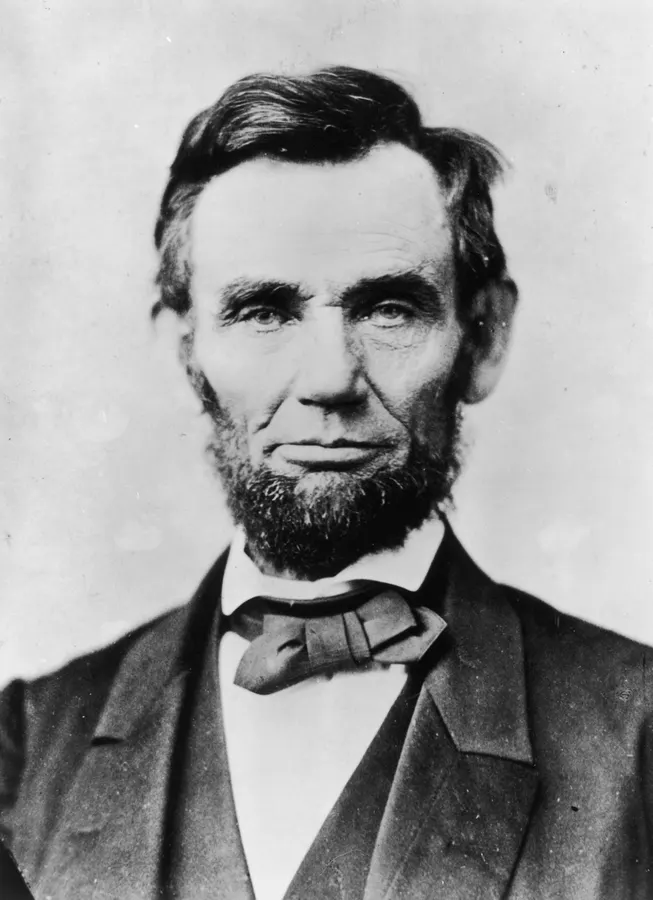By Aaron Bastani
Copyright newstatesman

To understand how Tony Blair, who resigned from the House of Commons 18 years ago, is about to become part of the “Board of Peace” set to take control of the Gaza Strip, it’s worth paying attention to a German physicist born in 1858. Max Planck won the Nobel Prize aged 60. But while his scientific work laid the foundation for quantum theory, he is most widely known for an aphorism. “Planck’s Principle” casts doubt on the idea that progress results from individuals changing their mind. Instead, Planck claimed, the old, mistaken notions pass away as new generations emerge, familiar with ideas that were once heresies, and therefore at ease with accepting them. “It rarely happens that Saul becomes Paul,” as Planck put it. This argument has since been paraphrased as science progressing “one funeral at a time”.
The notion that orthodoxies only shift when people die may be morbid, but that doesn’t make it untrue. And it applies to politics too. In a society where the old will soon outnumber the young, and where the wealthy can expect to reach their nineties, Planck’s Principle starts to feel different. How can novel ideas emerge, and new figures grab the spotlight, if the old ones endure for far longer than before?
That is partly how one can make sense of the rejuvenated figure of Tony Blair. At 72 the former prime minister is suddenly ubiquitous. That is primarily because he leads the country’s most powerful thinktank: the Tony Blair Institute. With an annual turnover of more than $150 million, and over a thousand staff across the globe, the TBI is vastly bigger than previously dominant policy shops like the IPPR or Policy Exchange.
Then there is the clout of his chief patron, Oracle co-founder Larry Ellison. Ellison is worth approximately $400 billion and has pledged $350 million to the TBI. With Labour now back in power, the depth of the TBI’s ambitions, and pockets, is matched by its influence. At this year’s Liverpool conference its events feature a who’s who of powerful cabinet ministers, from Pat McFadden and Shabana Mahmood to Peter Kyle and David Lammy. More importantly, though, the organisation has made the weather on what appears to be a central priority for Starmer’s faltering government: ID cards.
Other than joining the Euro, ID cards were the great Blairite leap forward that got away. Starmer’s desire to suddenly introduce them, despite ID cards being absent from the party’s 2024 manifesto, can’t be separated from the fact the TBI has been arguing for them, with unerring regularity, since at least 2018. Ellison agrees with Blair on the need for digital ID. Yet the arguments made by the two diverge in priority and tone. For Blair, introducing digital ID is about personal convenience – no different to having a debit card – as well as reducing illegal migration. For Ellison, the point is feeding large language models with data on an unprecedented scale: your medical records and your workplace, certainly, but maybe your financial transactions too. If you want to sell any of this to the political class, never mind the public, better to sound like the former than the latter.
This isn’t Blair’s only piece of unfinished business. And it is to his shame that he is using his geriatric presence in British public life (imagine foreign leaders consulting with Jim Callaghan in 1997) to indulge two of his great political weaknesses. The first is a perpetual yearning for visions of the future which are as vacuous as they are fanatical. Blairite “modernisation” used to mean relentless fawning over globalisation and financial services. Now that is behind us, as we enter a world of tariffs and migration-averse populism, he’s re-triangulated in typical Blairite fashion. So instead the future is AI and machine learning, hence Blair’s new role as their global huckster-in-chief. As with globalisation in the 2000s, Blair appears to presume resistance is futile. Time will tell.
His second ongoing indulgence, which should be understood alongside his veneration of Silicon Valley, is even more discredited: an instinctive supplication to the US-led order. This was a cornerstone of his premiership, not least in assisting the occupation of Iraq while Europe’s other great powers, Germany and France, chose not to. Today, with Europe in the economic mire, and the EU unsure of its future, this feels more intense. What drove Blairite foreign policy was the same priority as much of the country’s post-war establishment: viewing “influence” and “soft power” as ends in themselves. Staying close to Washington was a means of achieving that. Now, however, with the absence of a domestic growth model for almost 20 years, and a passion for US technology firms, Blair seems to view Britain as little more than a 51st state. Less a friend, more an appendage.
Even if Britain itself is marginally less slavish to American interests these days – partially because the martial support it can provide has been downsized – Blair appears to still be “with you, whatever”. Donald Trump praised Blair personally for his work on the peace plan (“Good man, very good man”) and it was previously reported that this transitional governing group would have “supreme political and legal authority” in Gaza for as long as five years, with the Palestinian Authority having no direct involvement. Post-democratic “modernisation” led by NGOs and the private sector. What could be more Blair?
We should get used to “legacy” politicians hanging around for longer than before, not least because elites will live longer, healthier lives. But the centrality of Blair is only enabled by a more depressing reality: the Anglophone centre-left, unlike the populist right, has few original initiatives and no vision of the future. Planck’s Principle assumed that new people, with new ideas, was a constant of the human experience. British social democracy, and the afterlife of Tony Blair, seems intent on demonstrating otherwise.
[Further reading: Inside the Tony Blair Institute]



